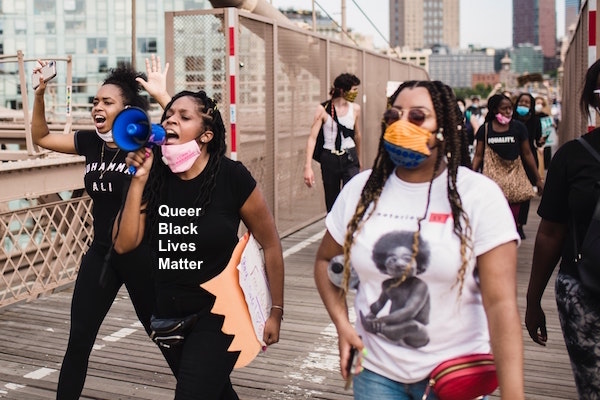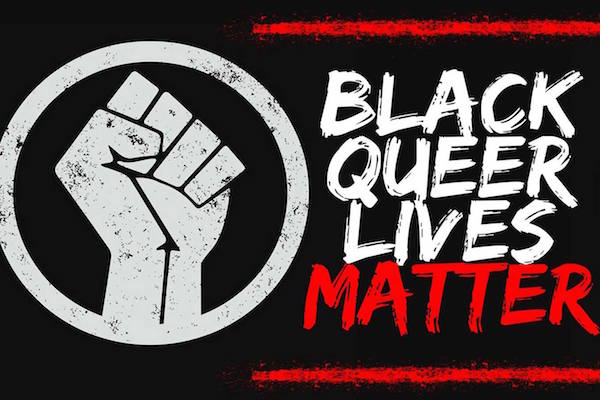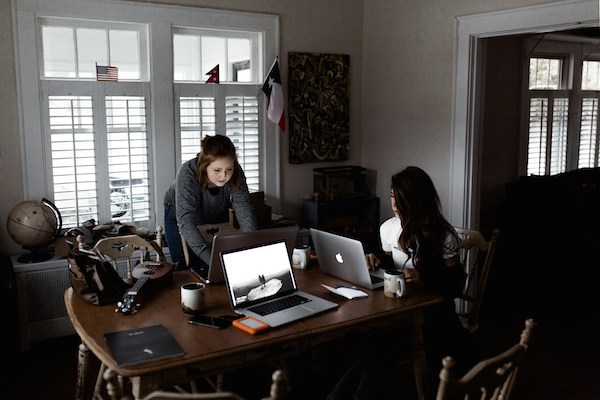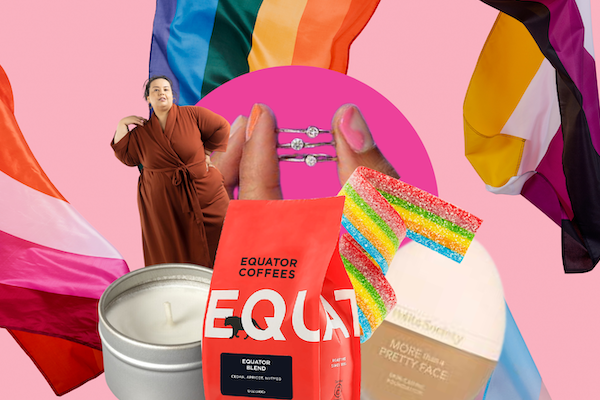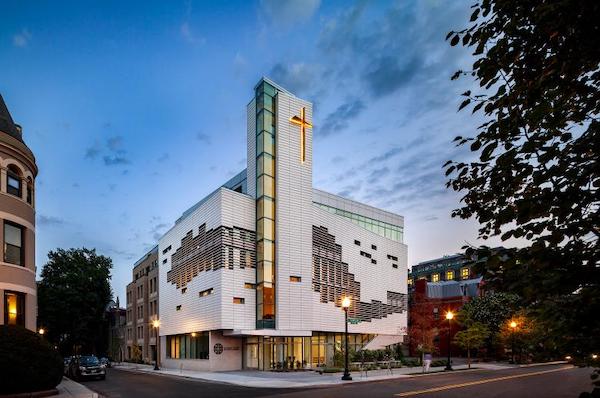
The All Genders, Lifestyles, and Identities Film Festival Announces 2020 Lineup
July 13, 2020
Women You Should Meet (W.Y.S.M.): Gina Upshaw
July 16, 2020History books uniformly extol the contributions of the same few Black rights activists. We all know that Martin Luther King Jr., Malcolm X, and Rosa Parks were part of the 1960s Civil Rights Movement. Often missing are the contributions of queer Black activists: Bayard Rustin was an advisor to King and helped organize the March on Washington, James Baldwin’s writing introduced the world to the life experiences of Black Americans in the 20th-century, and Ernestine Eckstein used the tactics she learned in the Civil Rights Movement to help organize protests for LGBTQ rights.
The omission of these names in American History books provides a reflection not just of America as a whole, but also of the Black community’s struggle with queer and trans identity. Historically, Black queer and trans individuals have felt the sting of double-marginalization: “othered” not only by race but by sexuality and/or gender identity as well. As the fight for Black liberation rages on and a new movement appears to be gaining worldwide support, Black members of the LGBTQ community are determined to ensure that this time, we can’t be left out of historical retellings.
The Black Lives Matter (BLM) organization was born in 2013 as a response to the news that Trayvon Martin’s murderer had been acquitted. Founders Patrisse Khan-Cullors, Alicia Garza, and Opal Tometi gave a voice to the frustration Black Americans felt by creating not just a hashtag, but a movement. As queer women, Khan-Cullors and Garza, were specifically aware that BLM needed to fight for all Black lives by recognizing the experiences of Black queer and trans individuals. In fact, the BLM website’s “About” page states, “We affirm the lives of Black queer and trans folks, disabled folks, undocumented folks, folks with records, women, and all Black lives along the gender spectrum. Our network centers those who have been marginalized within Black liberation movements.”
However, as the BLM movement has continued to grow and spread through the world, the deaths of cis men have often drawn the most publicity. Protestors unaware of the depth of BLM’s work sometimes fail to understand and support the implied all that comes before “Black Lives Matter.” Actor Justice Smith spoke about his experience as a queer Black man marching in the protests following the murders of Ahmed Arbery, Breonna Taylor, and George Floyd. “I was disappointed to see certain people eager to say Black Lives Matter, but hold their tongue when Trans/Queer was added,” Smith wrote on his Instagram.
The continuous struggle for full support has inspired some members of the queer and trans community to create their own safe spaces. House Lives Matter is a community organization created by and for sexual- and gender-minority people of color. Jonovia Chase, co-lead organizer of House Lives Matter explains that “although Black Lives Matter was “created by queer folks, [cisgender] privilege has taken precedent over gay and transgender people.”
Despite these complaints, today the BLM movement faces more support than ever before. Protests, boycotts, and news coverage consumed the last six days of May 2020 as footage of George Floyd’s murder trended on social media. People took to the streets in anger, reaching a fever pitch as we rolled in June.
In a month usually reserved for celebrating the accomplishments of the LGBTQ community, June 2020 was forced to become something different: an acknowledgment that not only do Black lives matter, but Black queer lives and Black trans lives matter just as much. Marches that had previously centered cis gay White men pivoted to recognize the lived experiences of Black queer and trans individuals. At the same time, Black liberation events were infused with a call for LGBTQ inclusion and representation.
Only time will tell if the recognition of intersectional identities within the modern Black liberation movement will last. However, the visibility provided by social media allows today’s Black queer and trans activists to share their contributions in a way that was never possible before. We’ve felt the power of standing up for every part of who we are as part of an organized and united front. Knowing the power of that experience, Black queer and trans activists will keep fighting to make sure that the next generation doesn’t have to look at any movement concerning their rights and wonder “Where do I fit in?”


